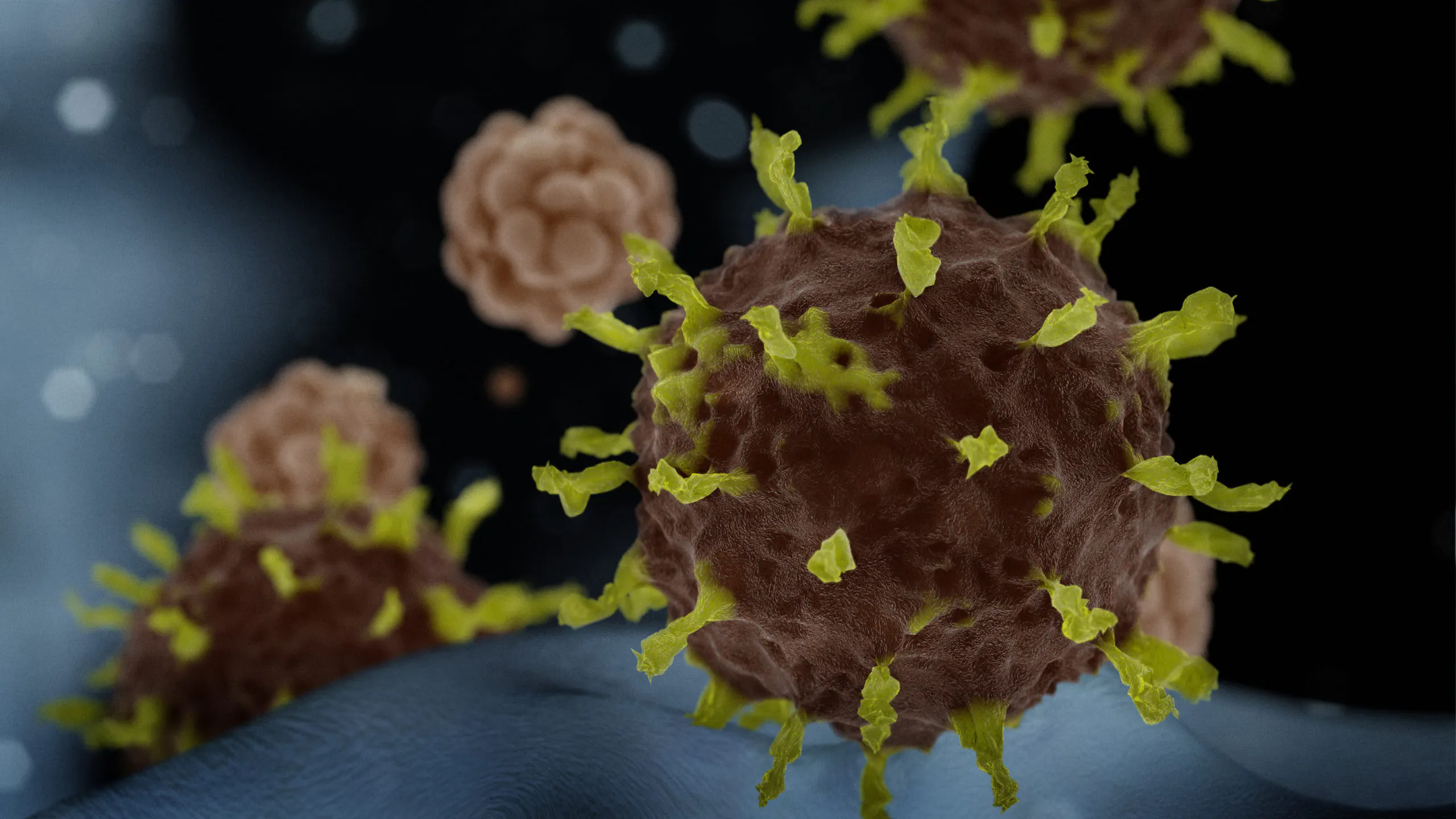In an interview with BBC radio on Monday, the United Kingdom’s leading epidemiologist Neil Ferguson, who headed up the Imperial College study that significantly influenced the British government’s COVID-19 response, presented two positive messages: his team believes the epidemic is “just about slowing in the UK” after the country implemented social distancing measures, and an antibody test that will show who has developed immunity to the virus will likely be available sooner than previously expected.
“We think the epidemic is just about slowing in the UK right now,” Ferguson told BBC radio Monday, as reported by Reuters.
“Ferguson said a third or even 40% of people do not get any symptoms. He said perhaps 2% to 3% of the United Kingdom’s population had been infected,” Reuters reports. “But Ferguson cautioned that the data was not good enough to make firm extrapolations.”
The epidemiologist said that the COVID-19 antibody tests, which will provide the crucial information of who has already contracted the virus and developed immunity, are in the final stages of validation and will hopefully be ready in “days rather than weeks,” the news agency reported.
As reported by The Telegraph on Sunday, German researchers plan to introduce coronavirus “immunity certificates” for those who take antibody tests and are confirmed to have had the virus, healed and developed antibodies to combat it. Those with “immunity certificates” would be allowed to “transition into post-lockdown life.”
The much-cited Imperial College study, which was headed up by Ferguson, presented dire potential consequences of allowing the virus to spread without action in the U.K., projecting as many as half-a-million coronavirus-related deaths in the country if the virus was allowed to go unchecked.
After initially taking a more hands-off approach to the pandemic, shortly after the release of the study, British Prime Minister Boris Johnson imposed strict social-distancing measures. With those measures in place, Ferguson explained last week, their model projects that 20,000 or fewer people will die as a result of the virus.
The latest data from U.K. health officials is that a little over 1,200 patients in the U.K. have died thus far after testing positive for the virus. Nearly 130,000 people have been tested for the virus in the U.K., of which around 108,000 (over 80%) have tested negative. A little under 20,000 have tested positive.
Reuters also notes that along with working on the antibody test, the U.K. has begun to employ antigen tests for healthcare workers to allow them to determine if they have been infected or are safe to work, as The Guardian reported Friday.
“Michael Gove – standing in for the prime minister at the daily briefing after Boris Johnson was diagnosed with Covid-19 – said the testing was being trialled immediately, and that hundreds were expected to be able to access the tests over the weekend,” The Guardian reported. “The country would see a ‘dramatic’ increase in testing next week, he added.”
“Increasing our testing capacity is absolutely crucial in our response to and our fight against coronavirus,” Gove said. “This is a particular priority for those who work in the health and social care sector and are working so hard to keep us all safe.”
Related: British Pathologist: Why COVID-19’s Death Rate May Be Lower Than We Feared

.png)
.png)

